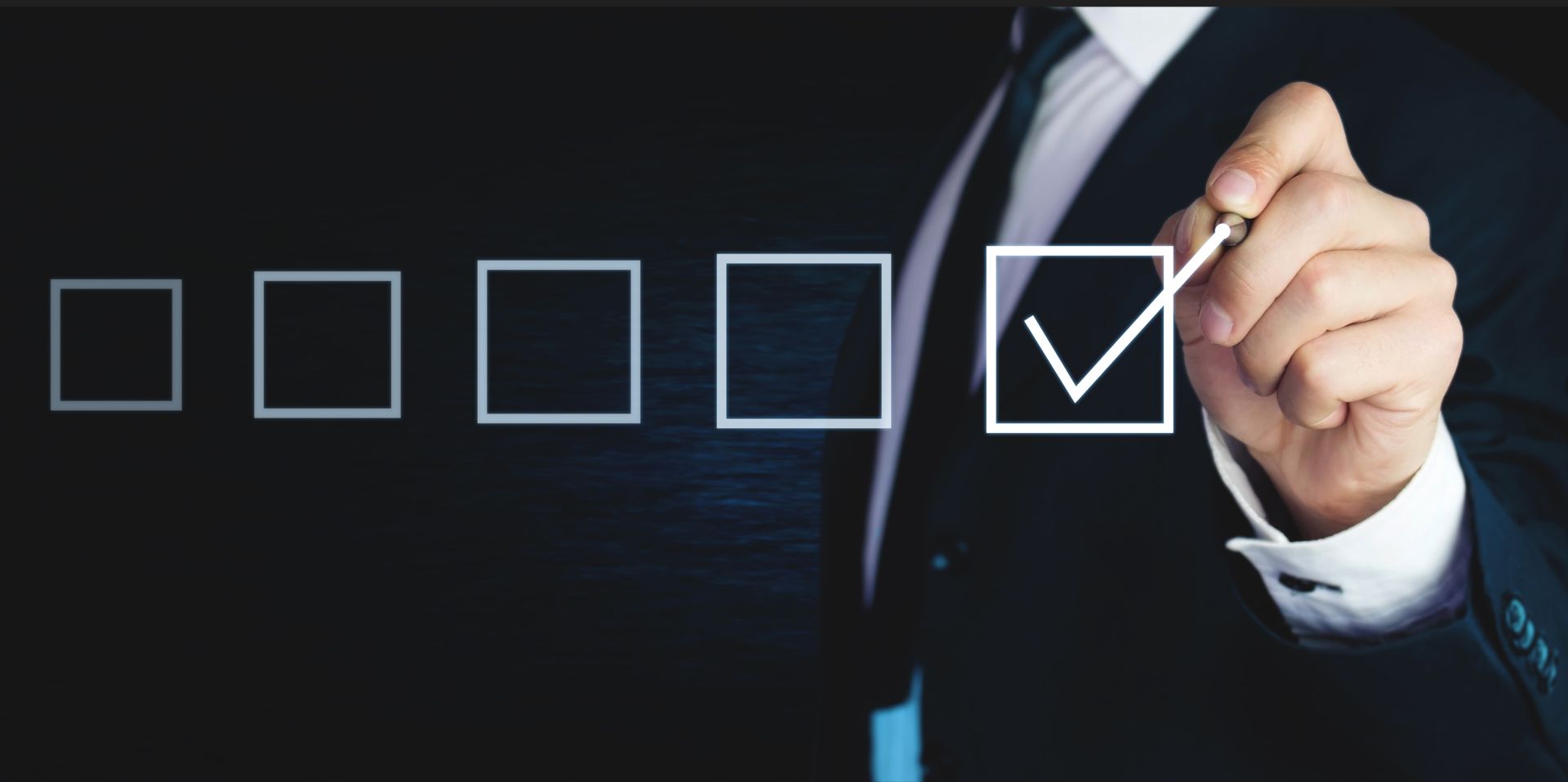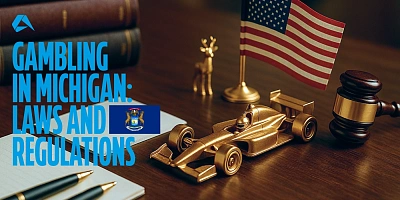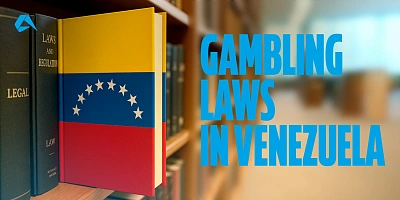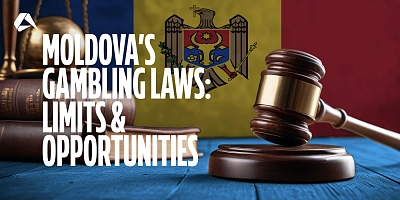According to Webster’s Dictionary, the word “gamble” means to play a game for money or property, where the outcome is uncertain and often falls into the binaries of loss or gain. Entire industries are built on this foundation—from the high-rolling casinos of Las Vegas to the ever-growing appeal of online gambling with platforms like BET99 and Betmotion, powered by forward-thinking sportsbook software providers like Altenar.
Whether the game is a thrilling round of roulette or a laid-back Sunday afternoon session of bingo, the world has fallen irrevocably in love with the thrill of gambling.
And it’s not just blackjack fans or dice-rolling enthusiasts who are drawn to this world—entrepreneurs are also discovering its exciting potential.
These entrepreneurial dreams can be realized through sportsbook software, sports betting platforms, and providers like Altenar.
So the question remains: how does a budding entrepreneur like you gain a foothold in the fast-paced world of betting and potentially lucrative returns?
Frequently Asked Questions (FAQ)
Usually, the FAQ section appears at the very end of a gripping article—as if it were the “P.S.” in a well-written letter. But that’s not exactly helpful. So, let’s get to the point: here are the questions that matter most to those beginning their journey into the gambling market.
Can I open a gambling business without a license, and how much will it cost?
- No. To be considered a legal entity, you will need a license. This might seem overwhelming at first—perhaps even an eye-roll moment—but obtaining a license in the country where you plan to operate sends a clear message to players: your business is legitimate and trustworthy.
- Licensing can be expensive and difficult to obtain. Many gambling companies spend millions to secure the legal right to operate and begin accepting bets.
- Most companies outsource this part of the process to professionals in the gambling industry who specialize in acquiring licenses legally. For example, Altenar—the sportsbook software provider—offers this service and has successfully obtained licenses in some of the world’s most challenging markets, such as Colombia.
What must a game include to be considered “gambling”?
- The possibility that a player may win or lose something of monetary value.
- This outcome must depend entirely on chance.
- The game must involve a stake or wager.
- A game lacking these three key components is not considered gambling and, therefore, does not require a license.
Exception to the rule: poker tournaments can often be played without a license, though all cash games typically require one.
While these rules are generally industry standard, gambling license requirements vary by region, country, and jurisdiction. It’s strongly recommended to consult a legal professional or regulatory expert. Fines can be issued for non-compliance, so adhering strictly to local laws is best practice.
What are the requirements for obtaining a gambling license?
- The company must be a legally registered entity with a minimum capital of $1 million.
- The source and origin of these funds must be documented and verified.
- The company is typically required to provide a financial guarantee of $1.6 million.
- The owner or key management personnel must have a clean and reputable business record. While this requirement lacks a universal definition, it is typically assessed at the discretion of the licensing authority.
- The applicant must own the web domain associated with the online gambling business in the jurisdiction where they are applying. This name should be trademarked in advance, as that is the only way to legally secure the domain. The trademark registration process can take up to 10 months.
- All software and related equipment must be certified.
What should I know about getting started in the gambling industry?
- Be sure to check whether the country in which you plan to register your company is considered high-risk by financial institutions due to money laundering concerns. These countries may impose stricter regulations on gambling. While obtaining a license isn’t impossible, it can be more complex. Conducting due diligence is not only necessary—it helps maintain a secure and fair environment for both business owners and players.
- Review the current regulatory status of the jurisdiction you’ve selected. Some operators are willing to accept the risks of operating in grey or black markets, but white markets offer more stability and allow operators and entrepreneurs to work within legal, transparent, and secure frameworks.
- Securing a license before launching your company ensures that your online casino is positioned to reach your desired audience effectively.
- Marketing matters—regardless of what some might say. A great product, system, or reputation means little without strong marketing to back it up. If your offering doesn’t reach your audience, no one will buy or engage with it. Some companies opt for traditional strategies like contextual online advertising, while others prefer organic SEO traffic—both can be effective depending on your goals.
Building the gambling business of your dreams may be more achievable than you think—especially with partners like Altenar, a sportsbook software provider committed to helping you create a platform that resonates with your target market.













